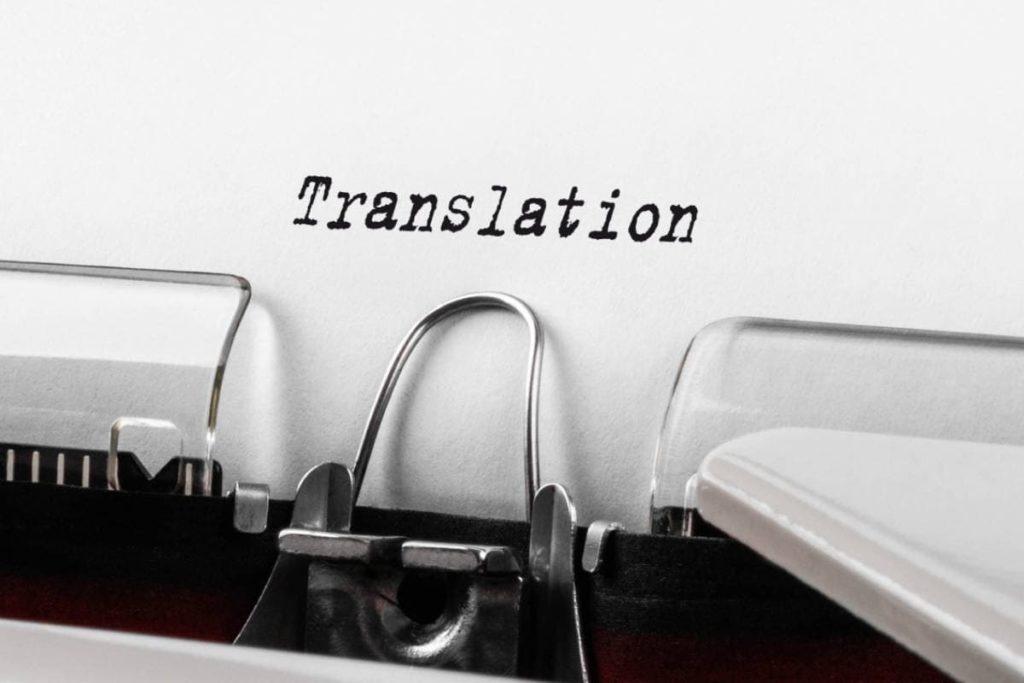Whether you’re an established or aspiring author, you’ve probably considered extending your book’s reach to other countries, but if not, you’re missing out on a significant opportunity. There are multiple ways to promote books in the international market. It doesn’t matter if the book is written in English or if you wish to translate the novel into other languages.
You can publish a book in another country by licensing foreign and translation rights to an agent or publisher. Alternatively, you may sell the book through an international self-publishing platform, but you must own international rights and know how to market and price your book in other countries.
However, reaching the international book market isn’t as simple as sending a book to an international publisher and calling it a day. You must familiarize yourself with international rights, translation services, international marketing, and pricing. This article will show you how to do these things and more.
Make sure to consult a lawyer before acting on any legal information in this article – we are not lawyers.

Publishing a Book Outside Your Country of Residence
English is arguably the “universal language” right now, and with over 1.13 billion English speakers, books written in the language have an advantage when it comes to book sales.
Books written in English make up a considerable chunk of the book market, even outside the United States. Therefore, as an author, you should certainly consider expanding your book’s reach to other English-speaking countries, and, eventually, expanding to the rest of the world.
The first step, however, is understanding author rights and international rights.
International Publishing Rights
Before you decide to publish your book internationally, you must research foreign language and translation rights.
- Foreign language rights: These rights ensure that you can legally publish your novel in its original published language throughout foreign countries.
- Translation rights: These rights guarantee that you can legally translate and publish the book in languages other than the original published language.
You cannot publish your book in international markets if you don’t own the international rights, and most authors aren’t even sure if they own the rights or not. Unless you’ve signed a publishing contract or released your book via a self-publishing platform, you still technically own all rights to your book.
However, before coming to an agreement with a publishing house or uploading the book to a self-publishing company, read all of the clauses regarding foreign language and translation rights.
If you’ve already published and sold copies of your book, you’ve likely already given away some rights. Here’s how to find out what rights you retain:
- Traditional publishing houses: Books published through a publishing house require the author to sign a contract. Take a look at the contract to see which licenses you’ve given to the publisher. It’s best to look this over with your agent or attorney, if you’re represented by one or the other.
- Independent publishers: If your book is self-published using a self-publishing platform or Print on Demand (POD) provider, you might have given away all international rights simply by signing up. To find out, locate the information regarding rights and licensing on the self-publishing platform you’re using.
If you find that you’ve signed away the international rights to your book, you’d legally have to terminate the agreement before releasing the book in the global market.
To do so, speak with an attorney. Authors can’t simply ignore the legally-binding contracts they’ve agreed to, and violating a legal agreement could easily land you in court with all book proceeds held in limbo until the court makes a judgment.
When It’s a Good Idea To Give Away International Rights To Your Book
The previous section almost makes it sound like a bad idea to give away international rights. However, it’s actually wise to sign over international licenses in some situations.
Look for publishers with global connections to literary agents, access to professional translators, and a successful history of selling books in the international market. These large publishing agencies have more capital and resources to invest in the success of your book.
With that said, remember that giving away international rights means that the publisher remains in control of distribution, marketing, and profits in every country where the book is sold. As such, it’s imperative that you trust their plan and undoubtedly know they’re going to promote your book aggressively.
Translating a Book for International Sale
While the process of marketing an English book to other English-speaking countries is pretty straightforward, things become a little more complicated if you want to translate the book into other languages to reach more foreign markets.
Usually, publishers take on the task and the financial responsibility of translating books, if they believe the book has a reach in the international market. However, if you’re self-publishing, that financial burden falls on you and translators can cost thousands of dollars.
Not only that, but you must locate a qualified translator who can carry the message of your book across languages and cultures while maintaining the overall voice and feel of your writing. Unless they can translate that valuable information and emotion, it’s all for naught.
With that said, you’ll need a highly qualified translator.

Locating a Qualified Book Translator
Artificial intelligence has come a long way in the past decade, but it has yet to replace the emotional and cultural intelligence of humans. As such, AI simply cannot successfully translate a book while retaining the original book’s passion, culture, feeling, and style.
Therefore, it’s highly advisable to seek a human translator.
One of the best options is to find a translation service company that offers translators a portion of the royalties in exchange for their services. Since their pay depends on the success of your book, the chances are higher that they’ll perform their best when translating your text.
Alternatively, you could hire an independent translator and write up your own contract. Whenever possible, seek the advice of an attorney when drafting a legal agreement. Also, ensure that it states payment terms, and don’t forget to have the rights of the book translated.
Finally, you’ll need a qualified editor fluent in your language and the translation language, which ensures that the translator produces quality work, properly conveying your book’s message.
Promoting a Book Overseas
Promoting a book overseas is pretty streamlined when working with a big publishing agency. Most of the work is done for you, and since your book’s royalties pay the company, they want to see you succeed.
Self-publishing makes international marketing a bit more complex.
You must do all of the work yourself. If you’re not well-connected within the publishing industry, you could run into a lot of brick walls, but keep pushing forward. If you desire to become a successful international author, this is a vital career move.
Self-Promoting a Book Internationally
Before promoting your book in the international market, familiarize yourself with foreign rights, as discussed in the first section of this article.
From there, you’ll need to “break into” the industry and network with agents and publishers throughout the world. The best way to do this is by attending international rights conventions to connect with foreign agents and publishers.
Obviously, this isn’t feasible for everyone.
Fortunately, if you intend to self-publish, the online platforms make promotion a little easier and don’t require international travel. Amazon Kindle Direct Publishing allows authors to create “Author Central” profiles on Amazon’s multiple country-specific websites.
These include, but are not limited to:
- Amazon.ca
- Amazon.es
- Amazon.com.br
If you’re only looking to reach other English-speaking countries, you can keep your author information and book synopsis in English. However, if you’re submitting a translated book, use the translated language in the biography and book synopsis on the foreign Amazon site.
Amazon isn’t the only self-publishing platform helping authors reach foreign markets, as Kobo and Apple have both entered the overseas book industry.
Pricing a Book Overseas
One of the most challenging aspects of international publishing is coming up with a fair price for your novel. You can’t just use the international foreign exchange rate, as other countries might refuse to hand over what Americans regularly pay for a book.
Determine how to price your book by researching how much books in your genre are selling in different countries. You can also use certain indices, but it’s best to get the information yourself.
Finally, look into laws and regulations in the countries where you intend to sell to avoid getting into any legal trouble, and research the laws about taxes and receiving foreign income in your country.
Giving Away Books for Free
If you have a series of books, one of the best ways to increase exposure in the international market is to give away the first book for free. The first book acts as your path to discovery, encouraging others to purchase the second book if the first one is good enough.
Alternatively, consider offering discounts or book giveaways to boost sales.
Encourage reviewers to leave honest reviews by offering discounts on another one of your books or rewards, such as an Amazon gift card.
Conclusion
Publishing your book in other countries is an excellent way to expand your reach and lead the way to becoming renowned as an international author. Once you’ve familiarized yourself with international rights, translation services, promotion, and pricing, you’ve completed the first step.
With that said, don’t expect to become a bestselling author overnight. You have to work your way up through good promotion, reputation building, and utilizing different marketing strategies in other parts of the world. Best of luck!

